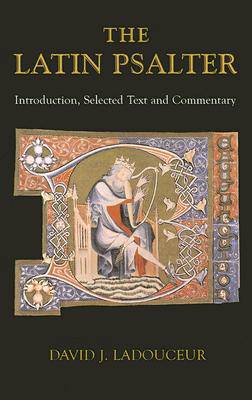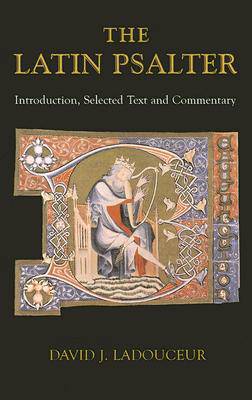
- Afhalen na 1 uur in een winkel met voorraad
- Gratis thuislevering in België vanaf € 30
- Ruim aanbod met 7 miljoen producten
- Afhalen na 1 uur in een winkel met voorraad
- Gratis thuislevering in België vanaf € 30
- Ruim aanbod met 7 miljoen producten
Omschrijving
Even for an experienced reader of Latin, the Psalter sometimes follows underlying Greek and ultimately Hebrew idiom too literally and thus poses real difficulties. This new commentary on selected psalms, the first for decades, seeks to resolve these problems by placing the Latin within its historical linguistic context. For the reader without Hebrew and only a little Greek, it clarifies how those languages, by bilingual interference and over-literal translation, have influenced and shaped idioms. Finally, it demonstrates how Early Christian exegetes, especially Augustine, confronted unidiomatic peculiarities in a fundamentalist way; specifically, how they resorted to an exegetical resolution of what they perceived as an underlying theological mystery. The psalms have been selected to illustrate the character of this Hebraising, Hellenising post-classical Latin. The commentary, with a glossary of grammatical terms, is accessible to both the beginner and the more advanced reader.
Specificaties
Betrokkenen
- Auteur(s):
- Uitgeverij:
Inhoud
- Aantal bladzijden:
- 144
- Taal:
- Engels
- Reeks:
Eigenschappen
- Productcode (EAN):
- 9781853996832
- Verschijningsdatum:
- 30/09/2005
- Uitvoering:
- Paperback
- Formaat:
- Trade paperback (VS)
- Afmetingen:
- 142 mm x 216 mm
- Gewicht:
- 167 g

Alleen bij Standaard Boekhandel
Beoordelingen
We publiceren alleen reviews die voldoen aan de voorwaarden voor reviews. Bekijk onze voorwaarden voor reviews.







